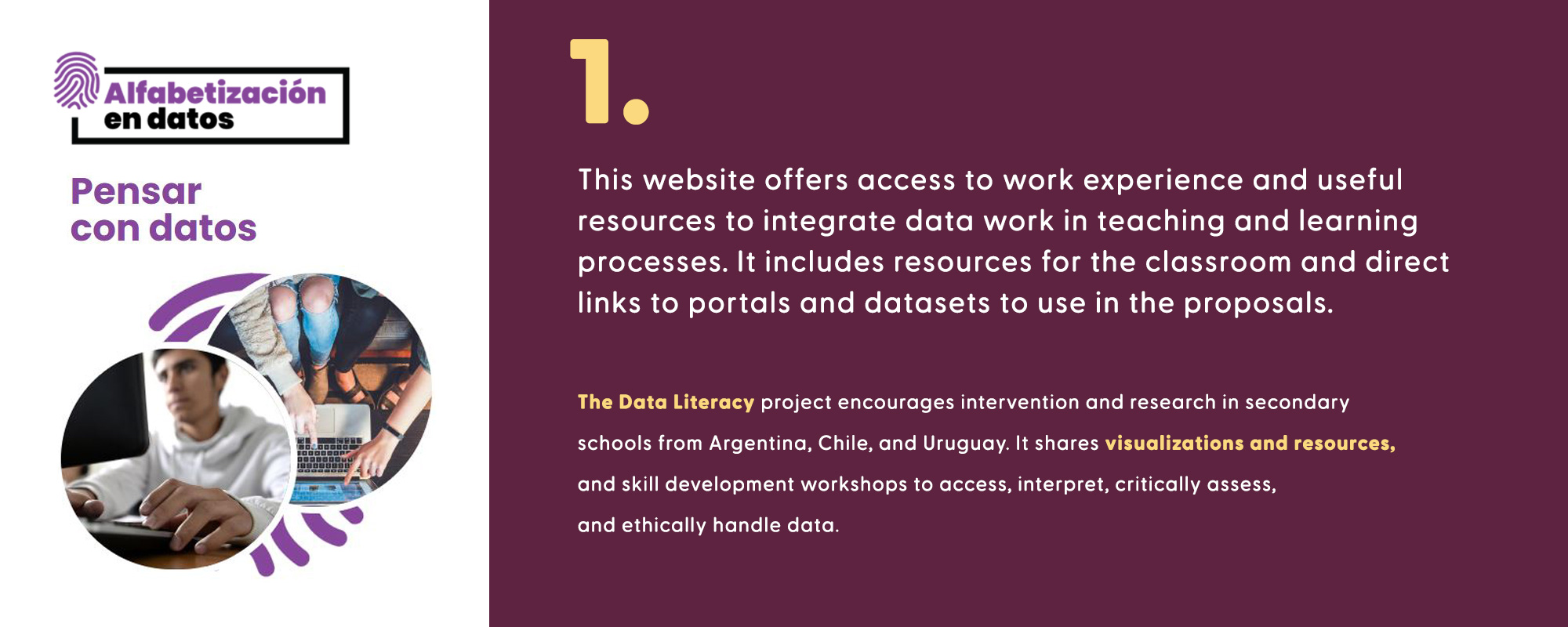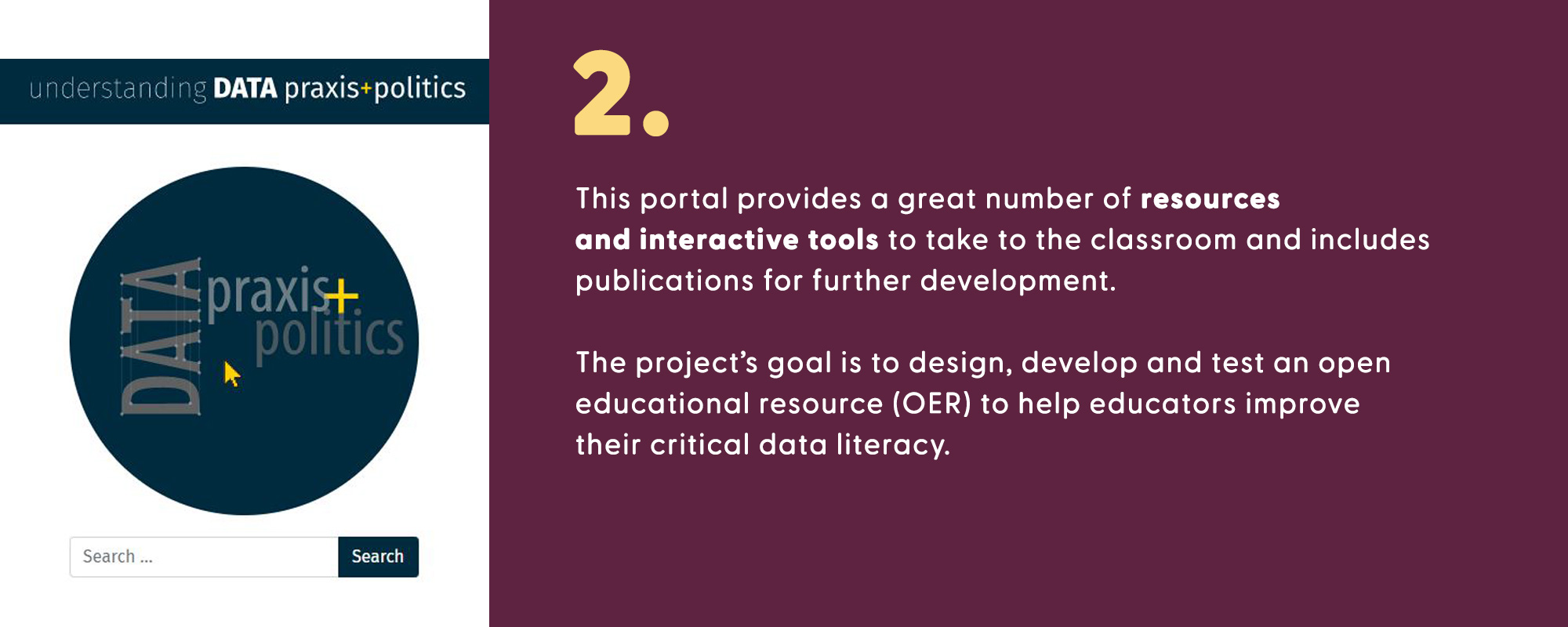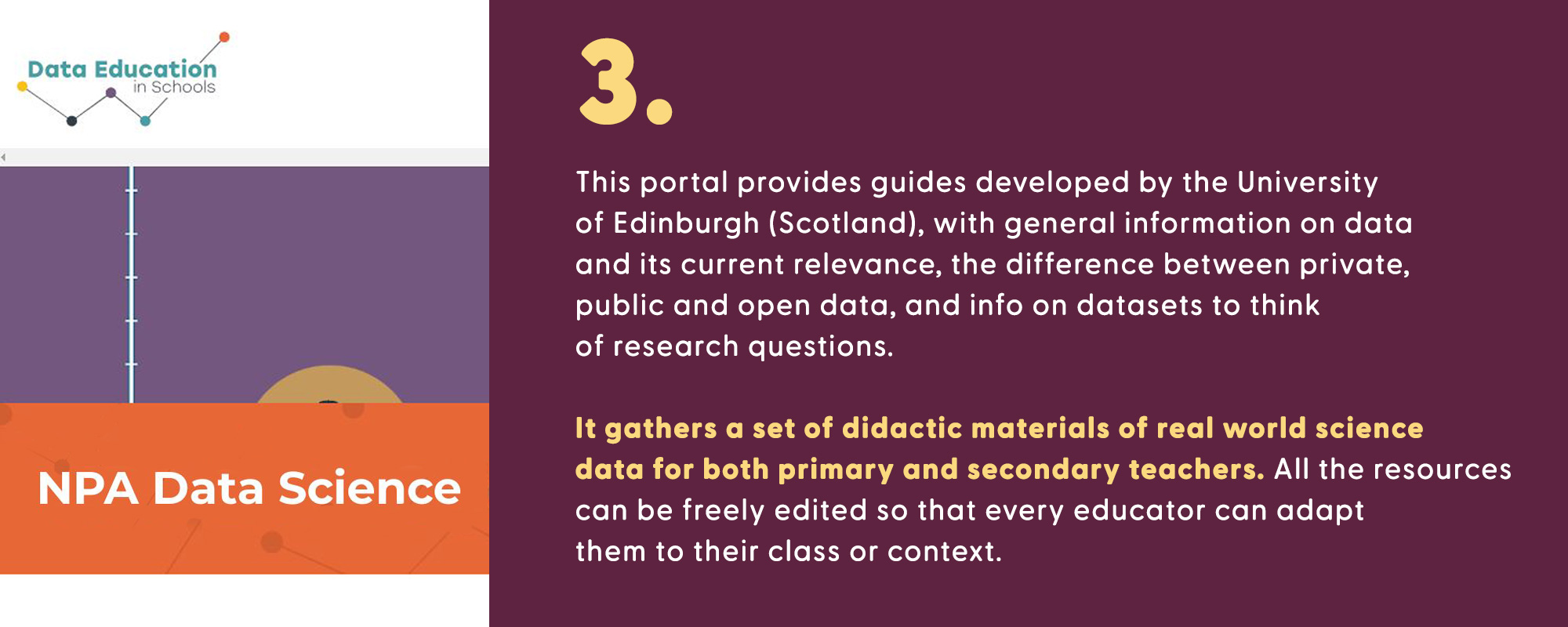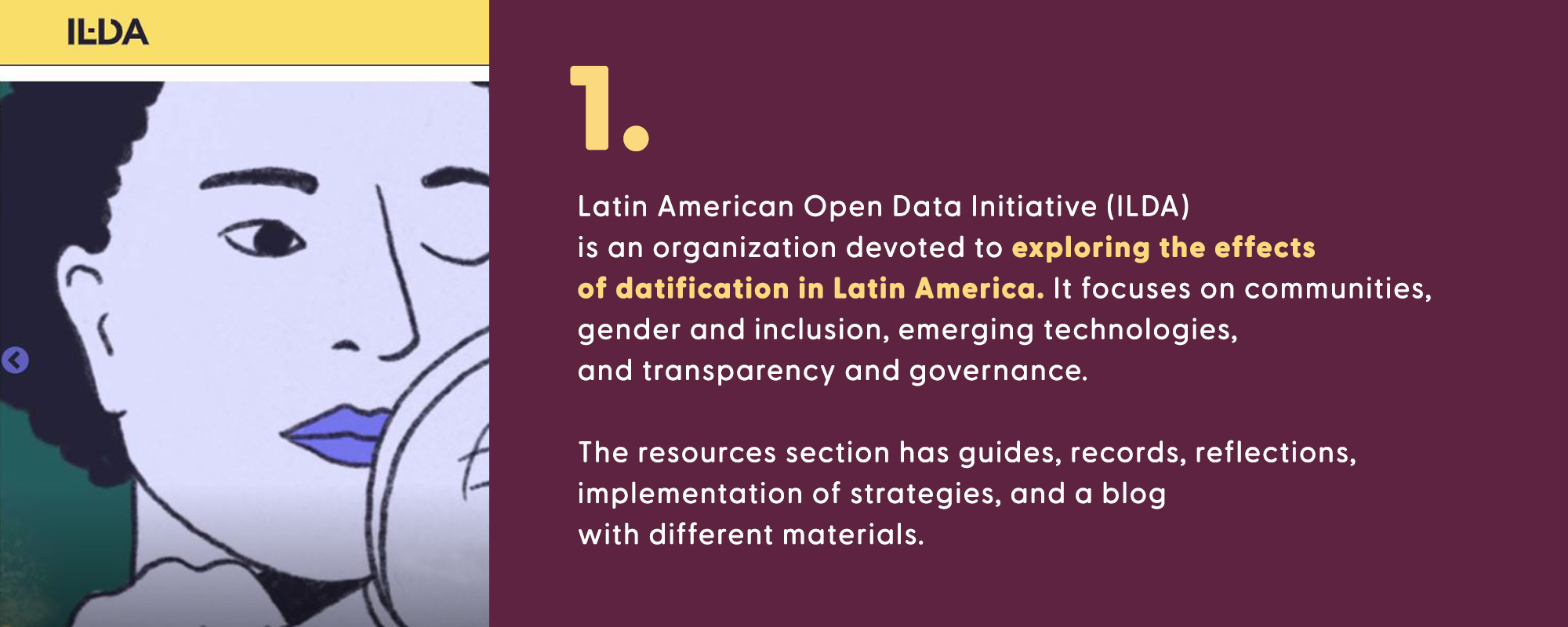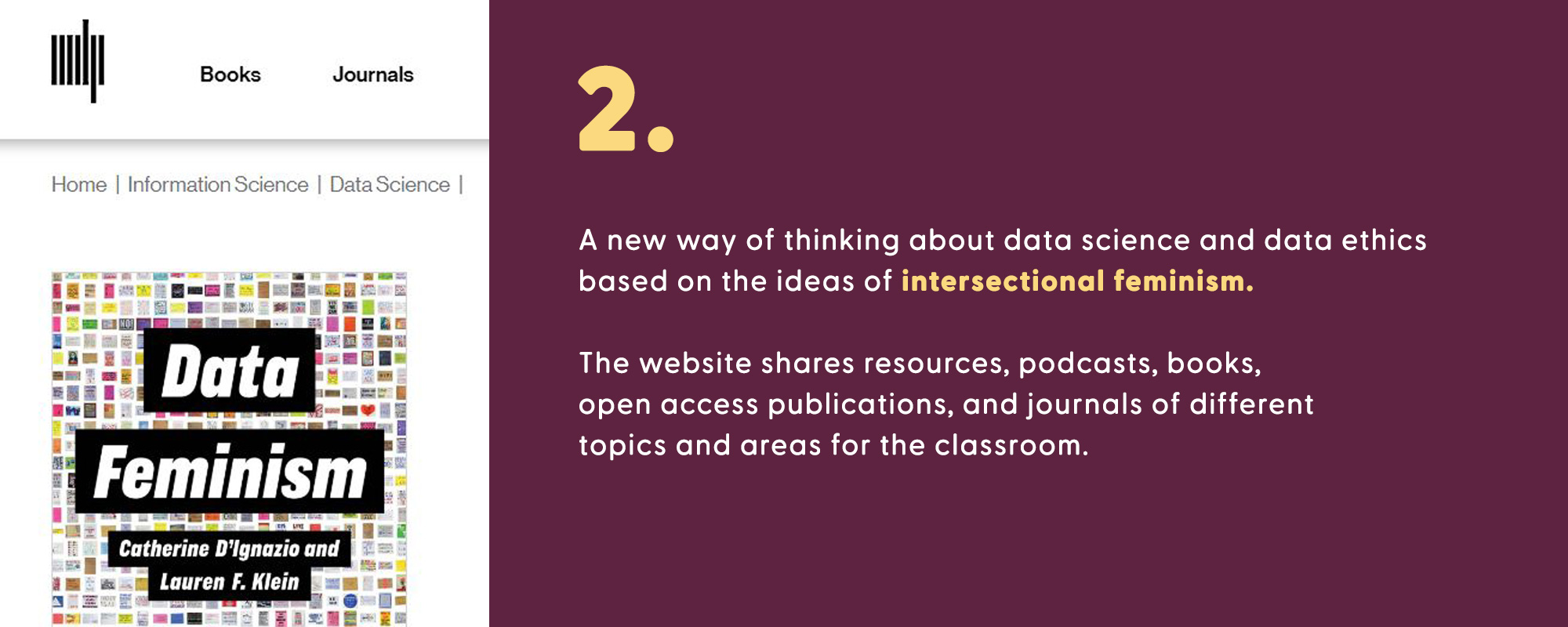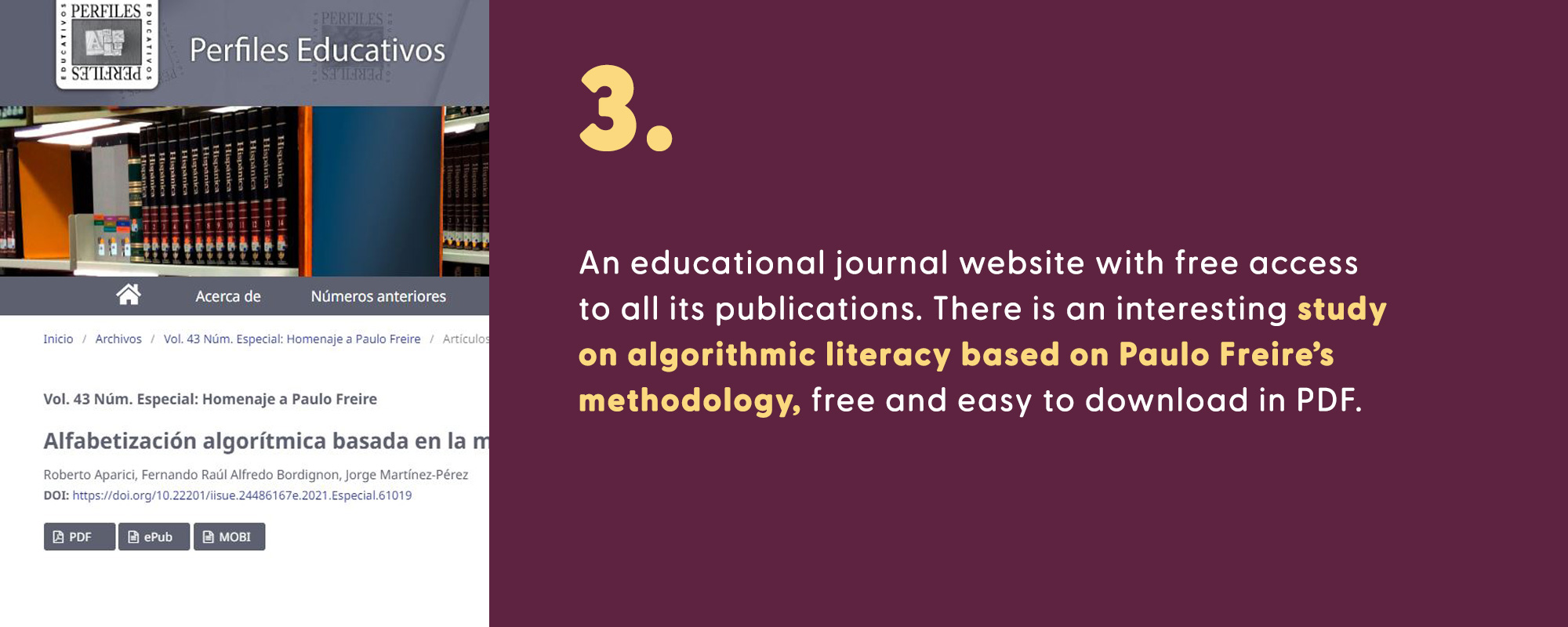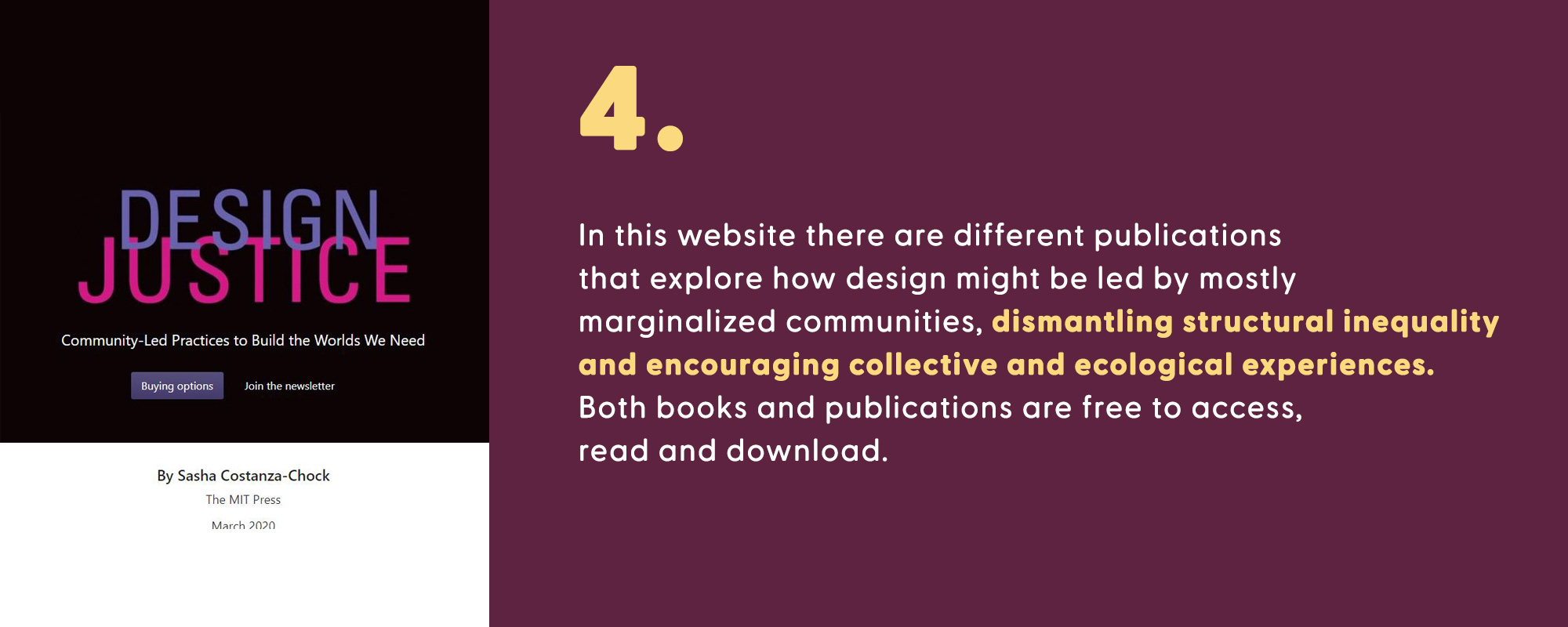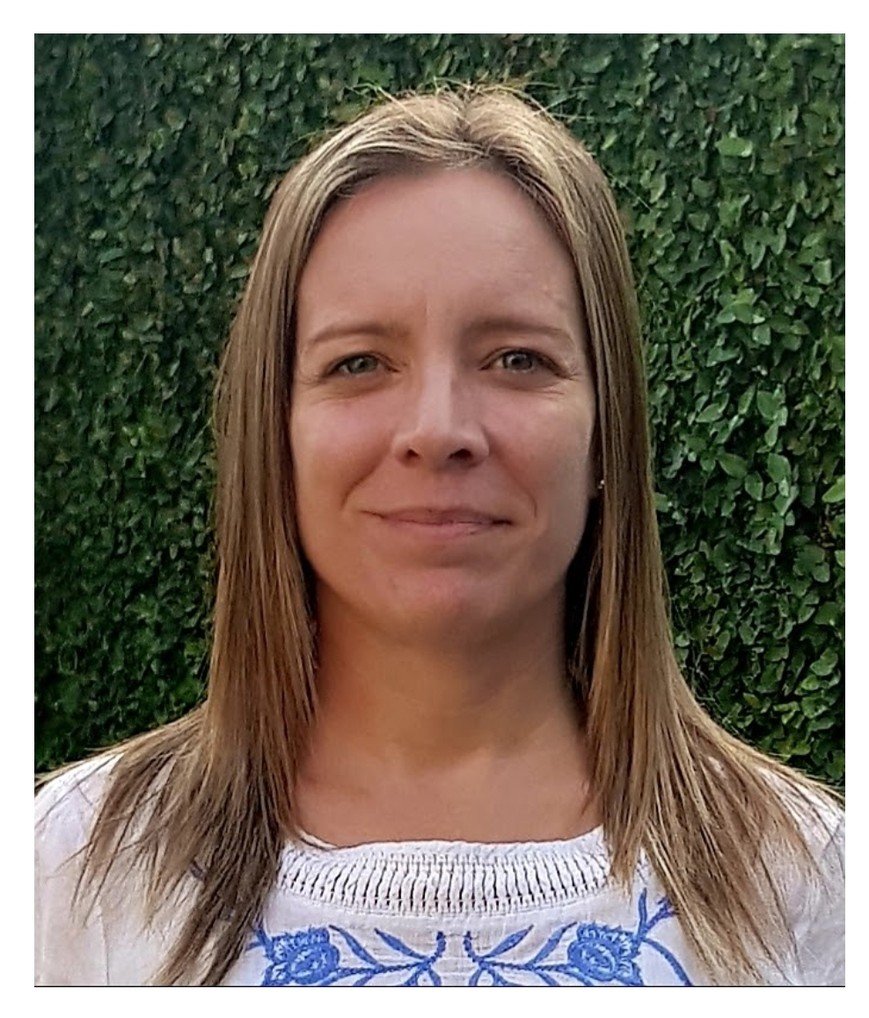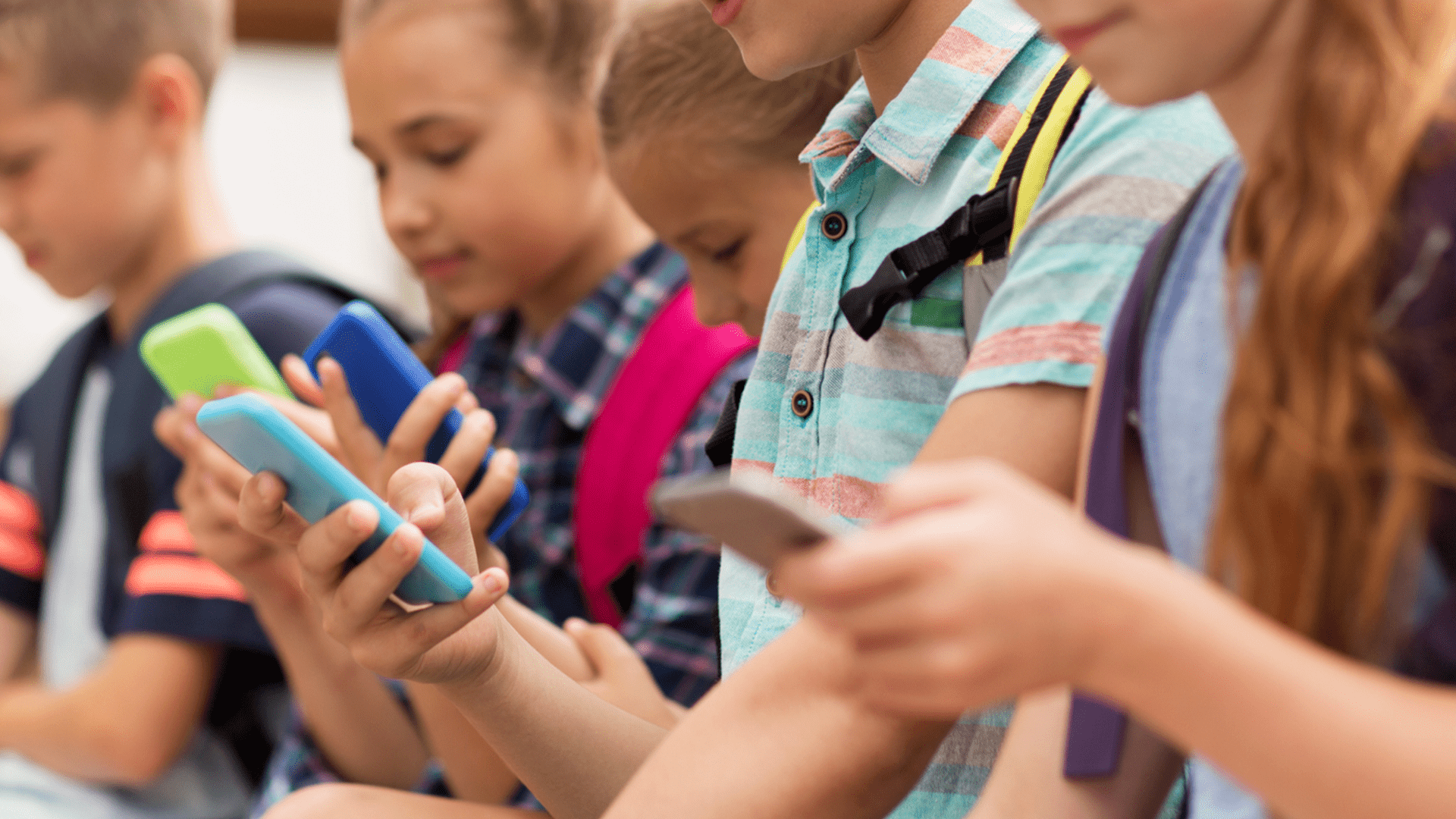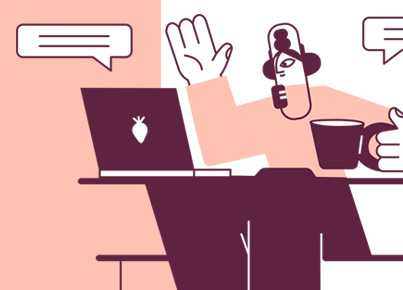Mariana Ferrarelli: “Data literacy is an actual eye-opener”
Interview
mSchools
Although we know that a “literate” person is not defined merely by their reading, writing and math knowledge, we wonder what’s the necessary knowledge someone should have to learn, work and live nowadays in a society that has been digital for decades.
Mariana Ferrarelli
This is a big question, I’d say it’s The Question with capital Q because in essence, every society defines, at the different stages of its development, a series of knowledge, values, and competences that make up the basic know-how allowing for an active participation in the economic, social and cultural life.
Currently, and especially from the pandemic onwards, the digitization of daily life has accelerated and therefore there has been a change in the nature of the knowledge and skills needed in order to function with certain efficiency in the daily exchanges.
Personally, I’m interested in talking about augmented literacies to refer to a set of sensitivities, intuitions, competences, and knowledge that we need every day to interact with others on digital platforms as well as in analog daily life. Both the technological change and the acceleration produced by information overload raise questions concerning how much of that change is inevitably dragging us and how much we can question, resist and even interpellate from each community’s local culture, from each school and classroom.
The fact that something is new doesn´t necessarily mean that it’s better than what we had, that’s why it’s worthwhile to stop and think, and contextualize the mutations promised by platforms. The sole idea of stopping to reflect is a skill that can be practiced and decided. Empowering ourselves as users choosing where and why to participate, deciding how to carry out our exchanges, what contents to read or see beyond the algorithmic regulation are collective and conscious daily exercises. In every case, they are learnings that are built gradually and that bring into play the old and the new and the possible associations established subjectively in a situated and specific context.
Teaching and learning, working or interacting in the new ultradigitized scenarios implies not only incorporating instrumental technical knowledge but also self-regulating our subjectivity to answer with emotional responsibility to the constant stimuli and the message overload. The augmented literacies are proposed as an articulation among varied skills: social, civic, expressive, play, data, narrative, and information skills. For instance, data literacy has become very important in the past few years, and this has become clear with the pandemic.
Currently, and especially from the pandemic onwards, the digitization of daily life has accelerated and therefore there has been a change in the nature of the knowledge and skills needed in order to function with certain efficiency in the daily exchanges.
Personally, I’m interested in talking about augmented literacies to refer to a set of sensitivities, intuitions, competences, and knowledge that we need every day to interact with others on digital platforms as well as in analog daily life. Both the technological change and the acceleration produced by information overload raise questions concerning how much of that change is inevitably dragging us and how much we can question, resist and even interpellate from each community’s local culture, from each school and classroom.
The fact that something is new doesn´t necessarily mean that it’s better than what we had, that’s why it’s worthwhile to stop and think, and contextualize the mutations promised by platforms. The sole idea of stopping to reflect is a skill that can be practiced and decided. Empowering ourselves as users choosing where and why to participate, deciding how to carry out our exchanges, what contents to read or see beyond the algorithmic regulation are collective and conscious daily exercises. In every case, they are learnings that are built gradually and that bring into play the old and the new and the possible associations established subjectively in a situated and specific context.
Teaching and learning, working or interacting in the new ultradigitized scenarios implies not only incorporating instrumental technical knowledge but also self-regulating our subjectivity to answer with emotional responsibility to the constant stimuli and the message overload. The augmented literacies are proposed as an articulation among varied skills: social, civic, expressive, play, data, narrative, and information skills. For instance, data literacy has become very important in the past few years, and this has become clear with the pandemic.
mSchools
How would you define data literacy and why is it important to incorporate this perspective in the classroom? What are your reflections about it?
Mariana Ferrarelli
In order to define data literacy I particularly like Carolina Gruffat’s definition: it implies “accessing, interpreting, critically assessing, handling and using data ethically” and it also includes a set of cross-cutting skills that aren’t merely technical such as socio emotional and cognitive skills. That is to say, the datafied society needs empowered subjects that can strengthen their learnings and dare to understand the reality in its multiple dimensions, with its complexity and difficulties; subjects that aren’t always in line with the latest trends, and in some cases, are resisting the blows of infoxication, acceleration, and fake news.
This opens up several possibilities for the classroom because we can establish a dialogue between any of the topics we need to teach and some of the portals offering databases to deepen the didactic approach with students: gender issues, tourism, transport, cultural consumption, human rights, etc. At this moment I am working with my secondary students on a proposal that explores their media practices and aims at generating visualizations to compare the cultural consumption quantity and quality in different social media: Instagram, Tik Tok, YouTube, Twitch, etc.
This opens up several possibilities for the classroom because we can establish a dialogue between any of the topics we need to teach and some of the portals offering databases to deepen the didactic approach with students: gender issues, tourism, transport, cultural consumption, human rights, etc. At this moment I am working with my secondary students on a proposal that explores their media practices and aims at generating visualizations to compare the cultural consumption quantity and quality in different social media: Instagram, Tik Tok, YouTube, Twitch, etc.
mSchools
What is this classroom project about? Tell us more. Were there any obstacles when working with this topic in the classroom? Which ones?
Mariana Ferrarelli
It’s a project we started in 2015 with the math teacher at the school when I was working as a digital facilitator. She would deal with statistics and data processing and I’d contribute with basic notions of Excel and data visualization. Students had to complete a grid where they reported their daily digital media and social media consumption. The biggest difficulty in this case was to be able to record the effective usage time of the different apps: some cell phones showed the exact social media consumption and others didn't. So we downloaded Quality Time on some devices, an application that precisely allows you to monitor phone usage in real time. There was a tremendous surprise… because many of them (of us) thought their phone usage was much lower than what was actually shown. At that moment we worked with visualizations in Excel and Google Sheets, comparing characteristics and differences of each one, etc. We also made posters and analog exercises on paper.
In our current project I am the classroom teacher and I am assisted by the Computer Science teacher, who also has a BA in Information Systems. In Sociology we worked with qualitative and quantitative research methods last year; for example, with this same group we conducted surveys on different topics (alcohol consumption, social media uses during the pandemic, time spent preparing exams, etc.). Our current challenge is to work with open databases departing from a research question we propose to explore. Last year we dealt with topics that were more related to adolescence and school issues. However, this year the idea is to explore more general topics and to use data to learn about the different dimensions of a single problem: the environment, gender violence, analog cultural consumptions (movies, theater, books), etc. The main obstacle I found was accessing databases that would allow us to work with the topics and questions raised by the students. But this was quickly solved thanks to the enriching and powerful experiences I came across while searching for resources, which helped me to imagine my own proposal and adapt it to my context and possibilities.
In our current project I am the classroom teacher and I am assisted by the Computer Science teacher, who also has a BA in Information Systems. In Sociology we worked with qualitative and quantitative research methods last year; for example, with this same group we conducted surveys on different topics (alcohol consumption, social media uses during the pandemic, time spent preparing exams, etc.). Our current challenge is to work with open databases departing from a research question we propose to explore. Last year we dealt with topics that were more related to adolescence and school issues. However, this year the idea is to explore more general topics and to use data to learn about the different dimensions of a single problem: the environment, gender violence, analog cultural consumptions (movies, theater, books), etc. The main obstacle I found was accessing databases that would allow us to work with the topics and questions raised by the students. But this was quickly solved thanks to the enriching and powerful experiences I came across while searching for resources, which helped me to imagine my own proposal and adapt it to my context and possibilities.
mSchools
What were the findings of the project? How did students react to this topic?
Mariana Ferrarelli
About my role as a teacher, it was very useful to ask for help: I realized how valuable it is to find resources and people who can help, give advice, share a reading or a proposal. Being someone who trains teachers and gives them support in their classes and projects, now I had to find someone’s support for a new adventure. And it turned out very well since I was able to get in touch with wonderful colleagues who are still providing me with the groundwork that I need to develop the project.
About the student’s process, I included a final meta cognitive activity in order to start a conversation on how they found this new approach. As a result, there was a strong sense of authenticity in the proposal, the feeling of investigating real world topics with real world tools. All of this brings them closer to their future university and work prospects: working with databases from official websites of different organizations, experiencing the need to work in groups and to agree on working guidelines, and dealing with a topic coming from their own interests.
About the student’s process, I included a final meta cognitive activity in order to start a conversation on how they found this new approach. As a result, there was a strong sense of authenticity in the proposal, the feeling of investigating real world topics with real world tools. All of this brings them closer to their future university and work prospects: working with databases from official websites of different organizations, experiencing the need to work in groups and to agree on working guidelines, and dealing with a topic coming from their own interests.

